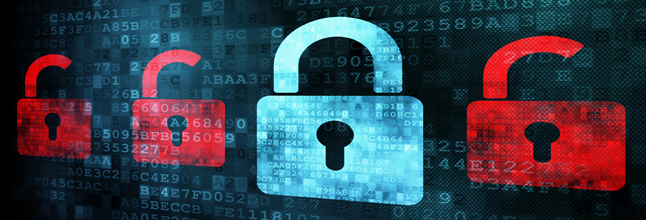The New York Department of Financial Services (DFS) published an alert directed to all DFS-regulated entities specifically warning of a widespread cybersecurity threat involving social engineering of regulated institutions’ IT help desk personnel and call center personnel.
According to the alert, DFS has detected a trend in which threat actors have targeted IT personnel as a part of schemes to gain system access through password resets and diversion of multi-factor authentication (MFA) to new devices. According to DFS, threat actors have employed tactics including voice-altering technology and leveraging information found online about identities of individuals, in attempts to convince IT personnel at help desks and call centers to comply with fraudulent access requests.
DFS cautions all regulated entities to be on “high alert for suspicious communications” based on the observed threat actors’ recent activity. Entities are encouraged by DFS to:
- implement secure controls for password changing and MFA device configurations;
- exercise caution in authenticating the identity of anyone who tries to change a password or MFA device; and
- remain vigilant when receiving requests from individuals and vendors regarding system access.
DFS included a link to guidelines published by the U.S. Department of Homeland Security’s Cybersecurity & Infrastructure Security Agency (CISA). The guidelines from CISA (CISA: Avoiding Social Engineering and Phishing Attacks) identify best practices to protect against these cyber threats, including:
- Distinctions between common methods of social engineering employed by threat actors
- Common indicators of malicious activity disguised as a legitimate communication
- Proactive measures to minimize the risk of disclosing information and/or permitting access to threat actors
- Guidance and resources on handling a cybersecurity compromise
In addition to the CISA guidelines, NYDFS has a publicly available Cybersecurity Resource Center with more information and guidance for DFS-regulated individuals and entities.
For More Information
If you have any questions about this blog post, please contact Michelle Hon Donovan, Ariel Seidner, Milagros Astesiano, any of the attorneys in the Privacy and Data Protection Group, or the attorney in the firm with whom you are regularly in contact.
Disclaimer: This blog post has been prepared and published for informational purposes only and is not offered, nor should be construed, as legal advice. For more information, please see the firm’s full disclaimer.

